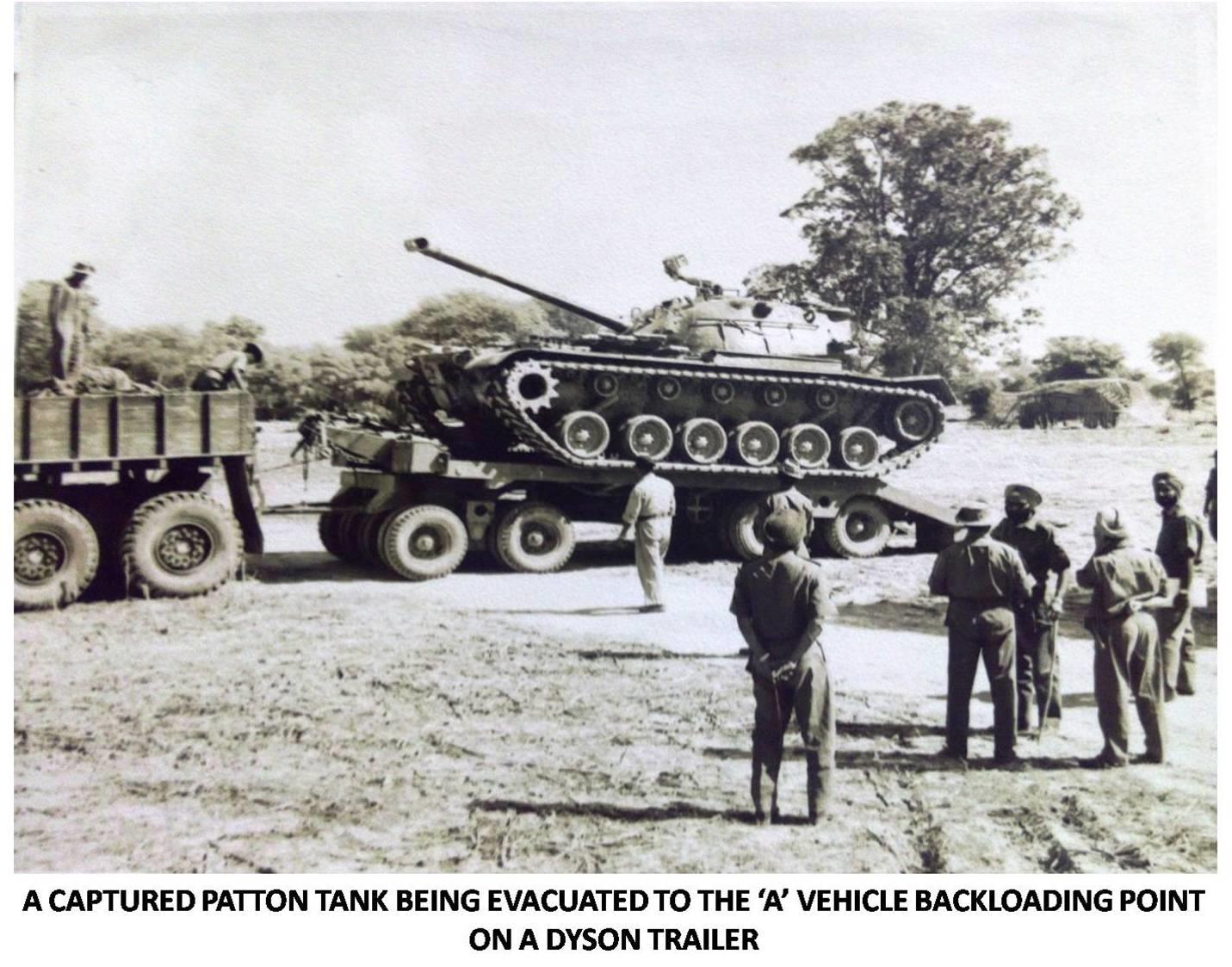Some Recollections
of Wars of My Time

This appears to be a good time to share some recollections of the wars of my time.
The closest I was to the war front was when I was in Delhi. India fought three wars during that period, one with China and the other two with Pakistan. But my direct war experience did not go beyond hearing sirens on a few occasions.
Dr. Zakir Hussain was the Vice-President during the India-Pakistan War of 1965. According to a fake story which crculated through the Parivar grapevine, he had been caught communicating secretly with his brother, who was an oficer of the Pakistan Army, using a wireless set and was under house arrest. Terms like 'fake story' and 'Parivar' were not in wide use then. We used archai'c terms like 'rumour' and 'rumour-mongers'. Facebook and Twitter had not been invented, and the rumour-mongers relied upon the good old grapevine.
Newspapers celebrated the wat with reports of the exploits of Gunner Raju of Andhra Pradesh who downed Pakistani aircraft at Amritsar and the capture or destruction of Pakistan's tanks.
Ayub, a native of Hoshangabad in Madhya Pradesh, was staying in the Kingsway Camp area, near the Delhi University, where his wife was working. It is an area where a large number of refugees from Pakistan were accommodated after Pakistan. The travails of Partition were still fresh in many minds.
Ayub told me his wife was feeling very insecure there. I advised him to move to a safer locationi. He took the advice and moved to a friend's house in South Delhi.
In 1972, after covering the Pakistan National Assembly session called to ratify the Shimla Pact, I visited Lahore. (All Punjabi friends in Delhi had told me not to come back without seeing Anarkali in Lahore.) A correspondent of the Associated Press of Pakistan introdued me to Rahim, a Steward of the Lahore Race Club whose wife was a Hindu. She was the daughter of a doctor who was also a Steward of the Delhi Race Club.
Rahim told me he was an Assistant Steward of the Delhi Race Club at the time of the 1965 war. He and his wife experienced much hostility at that time. After the war his father-in-law told them it might be better for them to move to Pakistan.
The lady made one request. She had not been able to write to her father for a long time as all communications between the two countries, including postal communications, had been suspended more than a year ago following the hijacking of an Indian plane to Lahore. Could I carry a letter to her father and pass it on to him on my return to New Delhi?
I was happy to do the errand.

Havaldar Pothu Raju of Andhra Pradesh, shaking hands with Prime Minister Indira Gandhi after the President presented the Vir Chakra awarded to him. The citation said he had shot down a Pakistanu Sabre jet.
No comments:
Post a Comment